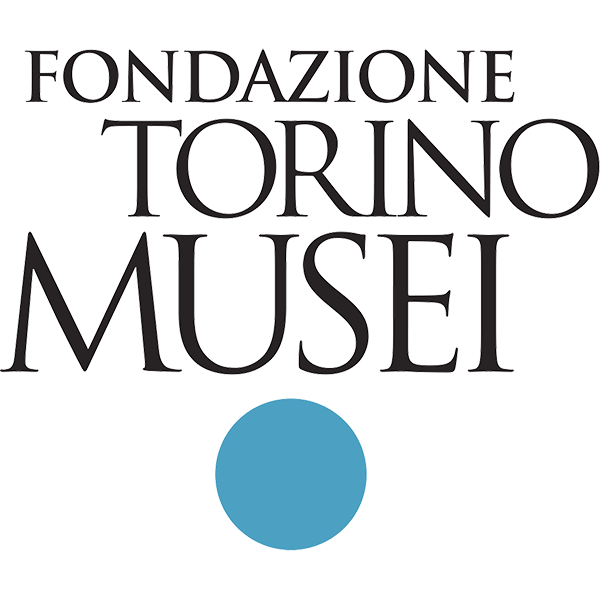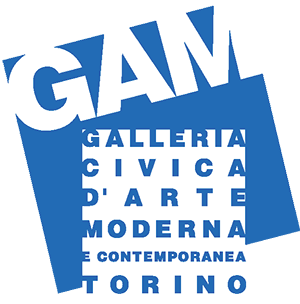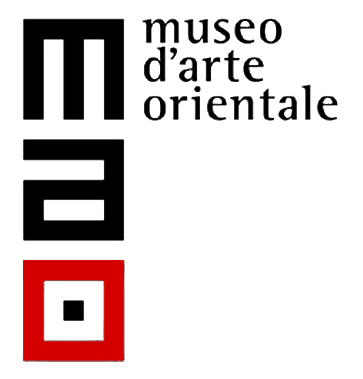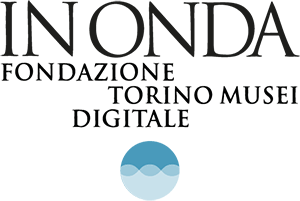JANNIS KOUNELLIS
- Exhibition
- 22 June 2022 - 13 November 2022

curated by Elena Volpato
The cycle of exhibitions dedicated to the history of Italian video art of the 1960s and 1970s continues in a new show, marking the sixth and last appointment of the collaboration with the Historical Archive of the Venice Biennale. It comprises three different manifestations of the image of Apollo that Kounellis presented between 1972 and 1973, hiding his own face behind a plaster mask bearing the features of the god.
The first, dating from 1972, was presented at the Attico gallery in Rome. As the image of a threshold, it is this first work that introduces visitors to the exhibition: in a shot by Claudio Abate, Kounellis appears on horseback within a room. The animal’s head advances towards the observer, stretching beyond the door. The entire image is pervaded by a disquiet arising from ambiguity: the fact of a horse inside the room of a palazzo, the classicism of the mask combined with the contemporary ordinariness of the rider’s clothes, and the opening of a view into a space contrasted by the obstruction of the door and the imposing presence inhibiting one’s passage through this door. However, the most remarkable sign of contradiction is given by the temporal dimension of the apparition: on the one hand there is animal life, the horse’s breath, the warmth and smell of its body, the colour of its coat, its inability to remain motionless; on the other there is the absolute white of the plaster, the imperturbable fixity of the mask, the terribilità of its empty gaze, the solemn silence.
The animal lives in the now, while the god shows himself in the continuity of his being. The work inhabits an indeterminate space between the two temporalities. It reunites what evolves with the immutable, the present with the eternal and superimposes its contemporaneity on the past of art.
The second, from 1973, is a different photograph, taken on the occasion of Kounellis’ performance at the La Salita gallery in Rome. The artist sits in the centre of the frame with a mask of Apollo on his face. In front of him, on a table, we see fragments of a classical sculpture that appear to be the dismembered body of the god. A stuffed crow perches on the torso. To the left of Kounellis a flute player plays music by Mozart and to his right there is an open window. In this apparition, too, tension is created by the interweaving of opposites. The hieratic presence of Apollo’s face contrasts with the image of death suggested by the broken sculpture and the crow whose form imitates life but is devoid of it, and yet at the same time unites with the living body of Kounellis who perpetuates the god by assuming his features.
This cycle of death and rebirth is counterpointed on either side by the presence of the flautist and the window; perhaps images of two different breaths of life and two different spaces that intermingle: the one inside, inhabited by art and the god, resounding with music, and the one outside, beyond the sacred recital, immersed in everyday life.
The third and final work is a video, No title from 1973. It is the only video work Kounellis has ever realised. It was produced in the studios of Art/Tapes/22 in Florence. In this small exhibition, it is viewed beyond a black curtain in a small room created within the exhibition space for visitors to enter one at a time, in like manner to entering to question an oracle, which is also done singly. From a monitor placed higher than usual, the mask of Apollo appears in its unbreakable immobility, held by Kounellis’ right hand, while in his left he holds a lit oil lamp. There is the measurable time of the video, the 25 minutes of its physical duration; there is the historical time in which the artist offered himself to the fixed frame of the camera, the time narrated by the cut of the shirt worn by the artist; and finally, there is the perennial time, the incorrupt cycle of the ancient divinity that has always presided over the manifestation of light and art and of which Kounellis’s work is but one of the infinite epiphanies.









